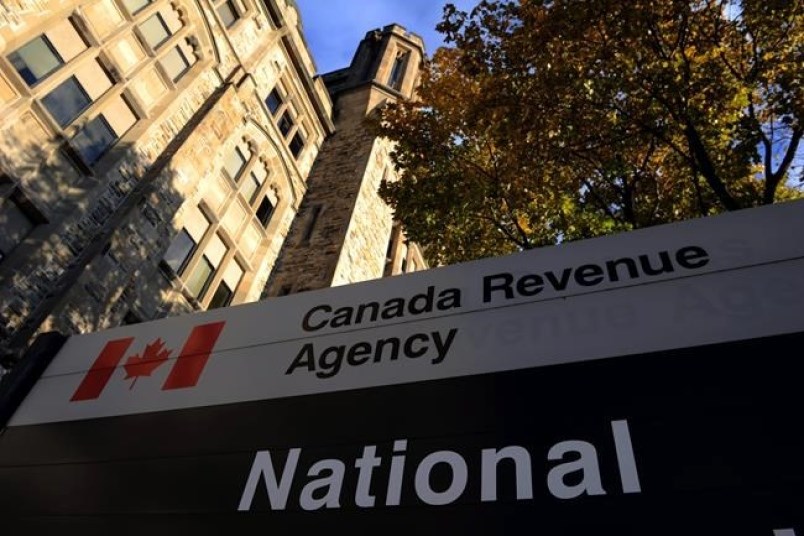Wilma Williams had a rough start to her Monday. “I got up in the morning and I was 80 years old,” she says. “But by the time I read my mail, I was dead.”
This was news to the Victoria woman, who had assumed that since she felt fine, she was very much alive. But no, the letter from the Canada Revenue Agency was addressed to “the estate of the late Wilma Williams.”
Suspecting that she was not in fact deceased, Williams decided to contact the CRA — no easy task these days, given the agency’s role in distributing emergency benefits related to COVID-19.
Sure enough, she ended up on hold for two or three hours, with the volume of the awful your-call-is-important-to-us music rising and falling in what she assumed was an attempt to keep her awake.
Finally, someone came on the line. “I asked why I was dead.”
Dunno, said the person, I’ll ask my superior. Eventually, it was determined that the CRA had got its info from the pension office, so Williams should call them to determine why she had shuffled off this mortal coil.
This time, she was on hold for half an hour before being told that a funeral home had called in September to say Williams was no more. Therefore, her Canada Pension Plan and Old Age Security payments had been stopped.
Say what? Williams admits she hadn’t been paying attention to what was going into her bank account. It turns out she was owed seven months’ worth.
How could this have happened? Some sleuthing by her daughter determined that there was another woman of the same name, but with a different middle initial, who died in September. OK, says Williams, but that woman would have had a different date of birth, different social insurance number. Where were the fail-safes?
She has chosen to see the humour in the situation, but says getting the letter left her rattled. “It did blow me away. It really did. I had to sit down for a minute.”
What if someone in a more fragile state had received the notice? “If I were one of those little, frail ladies who had been beaten down by life, I might have keeled over and had a stroke.”
It turns out that errors like this don’t happen often, but do happen often enough. In 2018, the CRA reported that it had incorrectly declared 319 people dead in the two-year period between Jan. 1, 2016 and Dec. 31, 2017. That number represented just .06 per cent of all deaths reported to the CRA, and was actually a big improvement from the previous two-year period during which 524 people were erroneously deemed departed.
The federal taxpayers’ ombudsman examined the problem in 2014, issuing a report titled Alive and Well that concluded — and here I paraphrase — that people make mistakes. Government employees make data entry errors. Proof-of-death documents don’t arrive or aren’t compared with tax files. Most often, the CRA says, it comes down to grieving survivors entering the wrong social insurance number on a dead person’s tax return.
The added problem right now is that if something does go wrong, it can be difficult just to reach someone to straighten things out. The federal government is swamped with calls related to the pandemic. The CRA says thousands of its employees are being retrained as temporary call centre agents to handle queries about the Canadian Emergency Response Benefit and Canada Emergency Wage Subsidy.
“As of April 23, a total of 9.51 million CERB applications, both EI and non-EI eligible, have been processed by the CRA and Service Canada since March 15,” the agency said in a statement Friday.
That means Williams isn’t likely to soon learn how she ended up deceased, or what steps will be taken to ensure something similar doesn’t happen to “some other sweet old girl.”
She has been told to await a make-up pension payment, though, as well as a new T4 slip, since her income tax will have to be recalculated. She says she is grateful that, unlike others caught in this maelstrom, she was not in immediate need of the missing money.
Still, Williams sounded as though she didn’t know whether to be angry or amused Friday.
“I’ve been dead since September. I thought it was very unkind of my friends not to mention it to me.”
Read more from the



